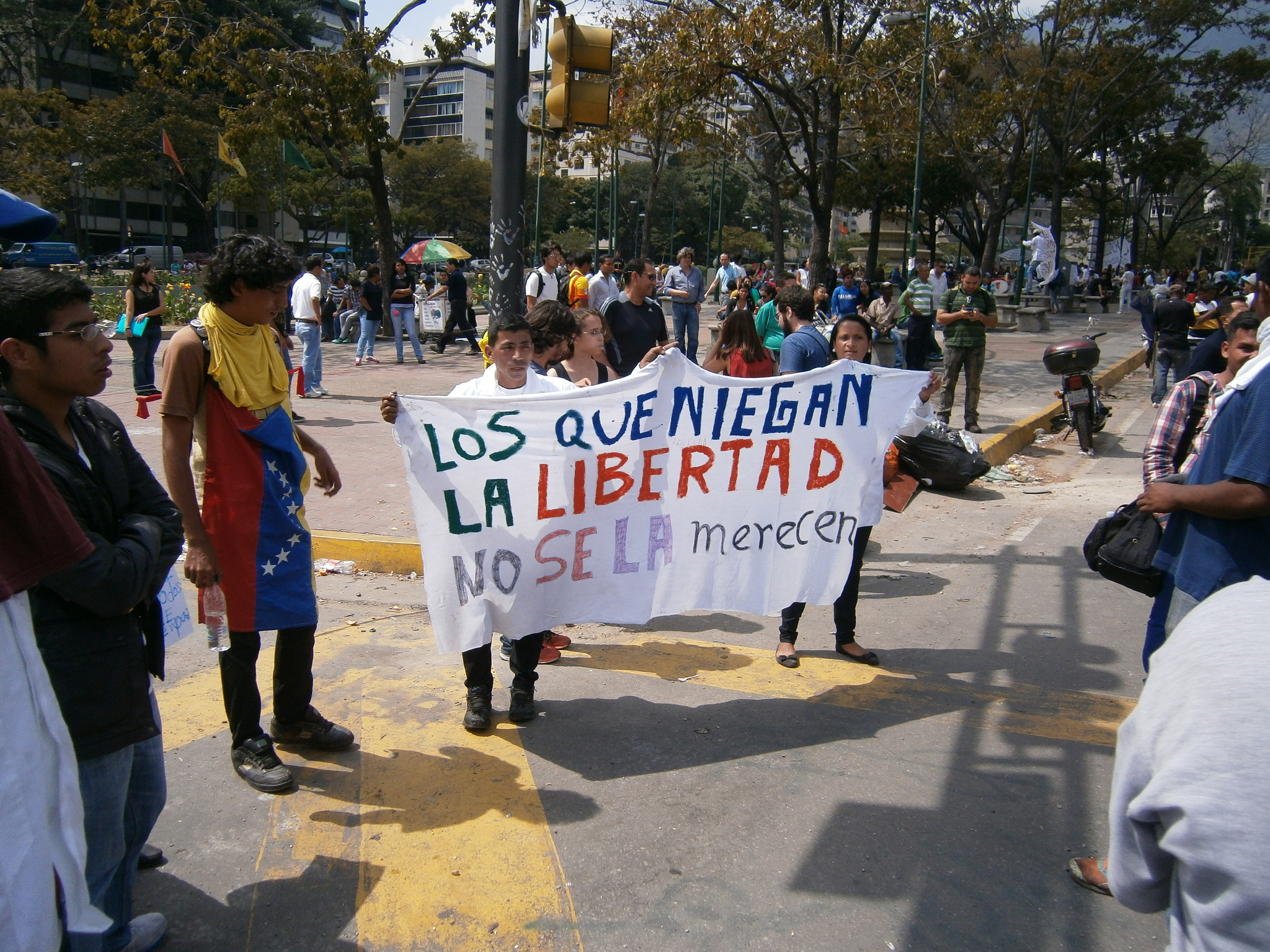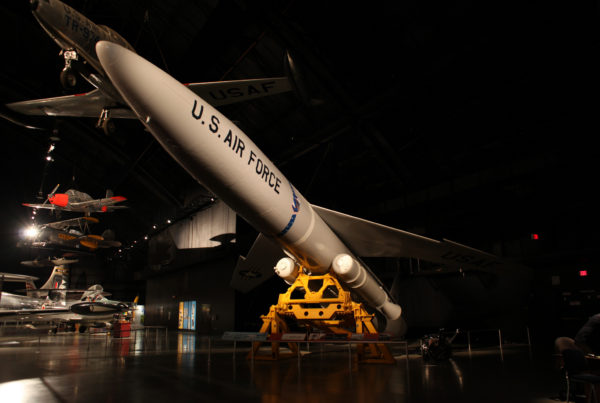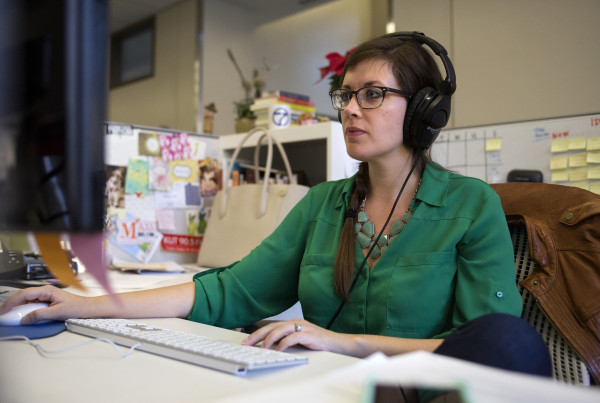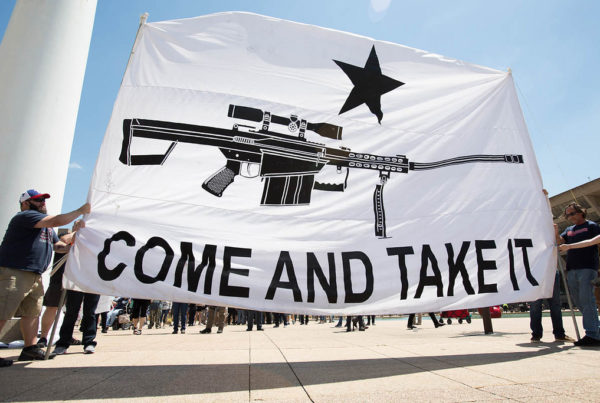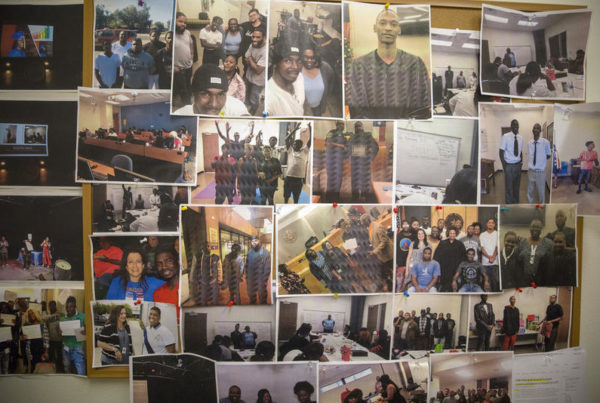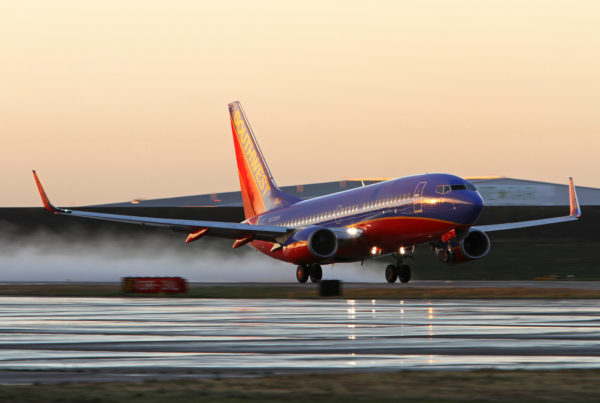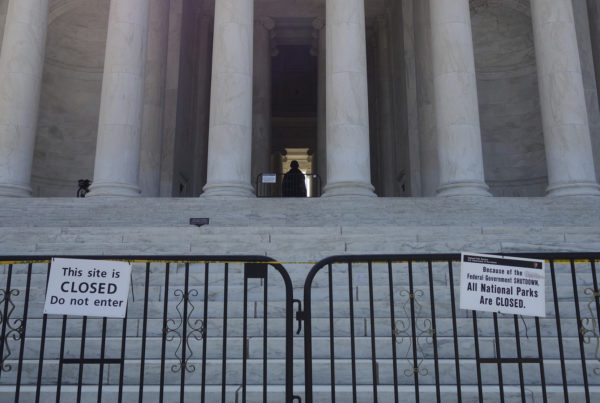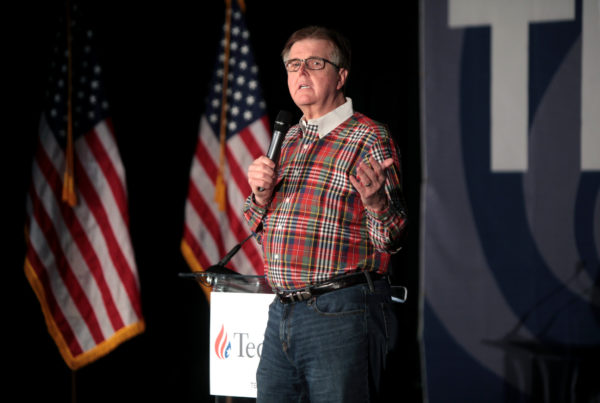An economic collapse in Venezuela – one that has led to food shortages and other daily hardships for millions of people – is rapidly transforming into a major geopolitical event. As protestors filled the streets of Caracas, resulting resulted in several deaths over the last two days, and as elements of the military have sided with the opposition, the U.S. is taking sides with the opposition leader, calling the self-declared interim president Juan Guaidó the rightful president.
Meanwhile the man who occupies the presidential palace, Nicolás Maduro, has cut off diplomatic relations with the U.S., which he calls “the coup-mongering, interventionist gringo empire,” and now Russia is warning the U.S. against any military intervention.
Francisco J. Monaldi is a fellow in Latin American energy policy at Rice University’s Baker Institute, and says the U.S. and many other Western democracies didn’t recognize Maduro as the winner of the 2018 presidential election because the opposition candidates were essentially excluded from the race.
“[They] were either banned or in prison, or were not allowed to campaign,” Monaldi says.
Monaldi says Guaidó, who’s head of Venezuela’s National Assembly, is the rightful person to take the presidency. That’s according to an interpretation of the Venezuelan Constitution by the opposition party, which controls the assembly. The rule says that if there is no president-elect by the time the oath of office is supposed to take place, then the head of the National Assembly steps in as president until someone is elected.
Monaldi says an estimated three million Venezuelans have already fled to other South American countries over the last few years. About one million have fled to Columbia, alone. The crisis hasn’t hit the U.S. as hard, but Monaldi says there are a large number of asylum claims from Venezuelan nationals. He says if the economic situation continues to deteriorate, more and more people will likely leave the country. But it’s unclear to what extent that would affect the U.S. or Texas.
Monaldi says a civil war isn’t likely, mainly because the conflict in Venezuela isn’t driven by ethnic or religious divisions, or obvious divisions within the military. But he says he also wouldn’t rule out the possibility.
But with Russia’s increased support for Venezuela – $17 billion in loans and credits since 2016 – Monaldi says it makes the problem more of a geopolitical one, rather than a just an issue within Venezuela or the Americas. He says Russia doesn’t have the military capability to invade Venezuela (as it did in Crimea), but it represents the small cohort of powerful allies that still support Maduro.
“This is becoming part of a big geopolitical issue with not only Russia, but also with China, which are among the few countries in the world that are still recognizing Maduro as president,” Monaldi says.
Written by Caroline Covington.


